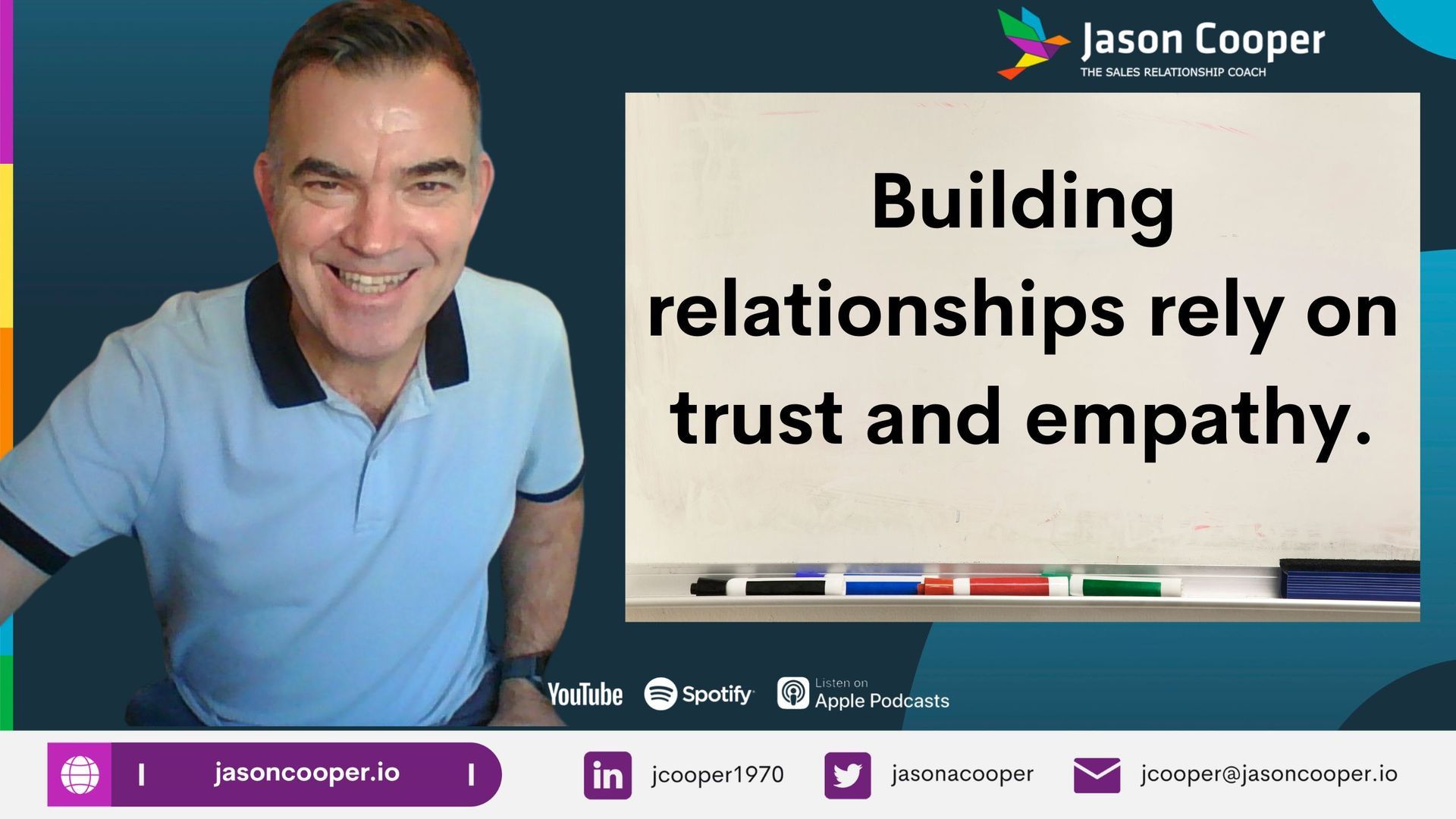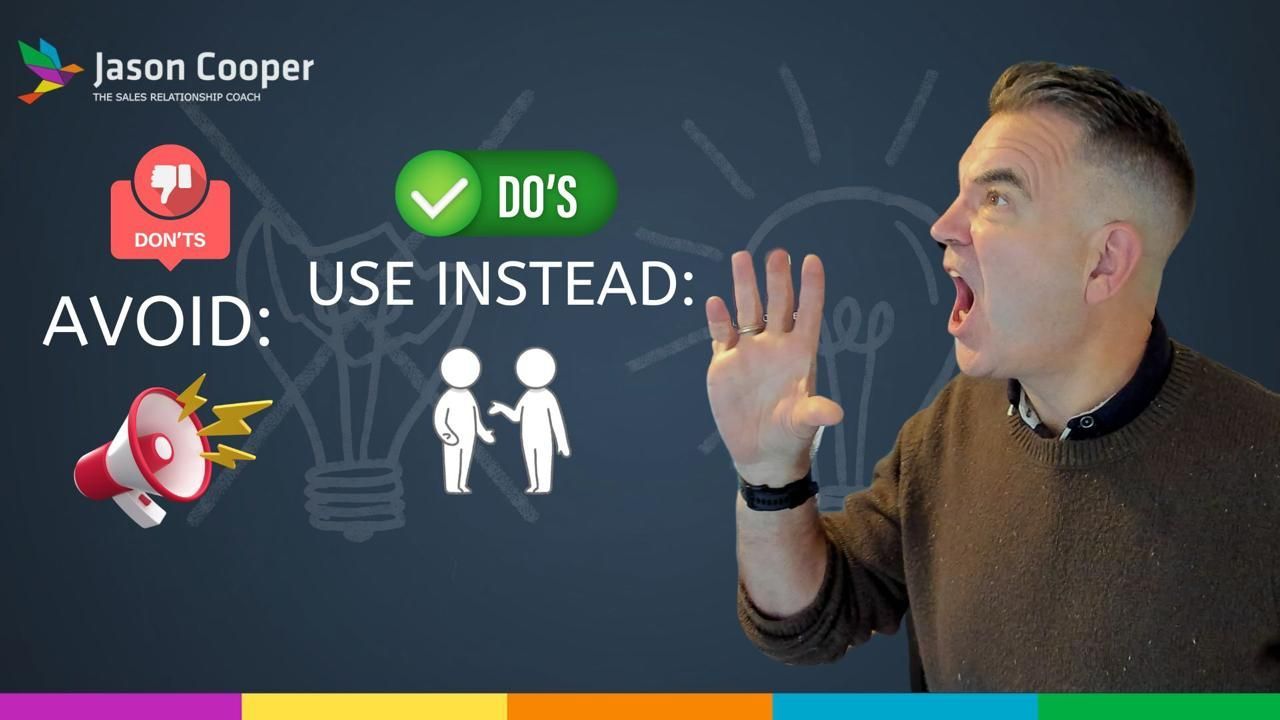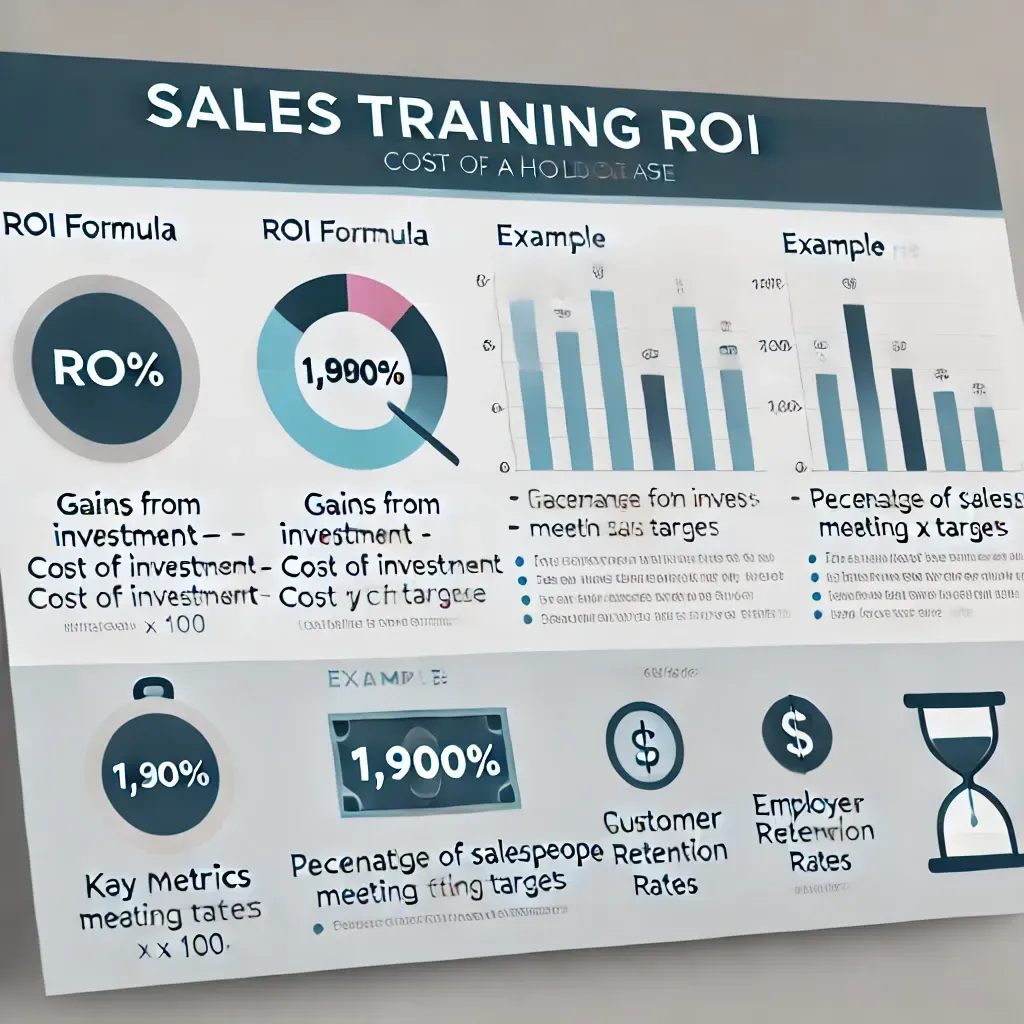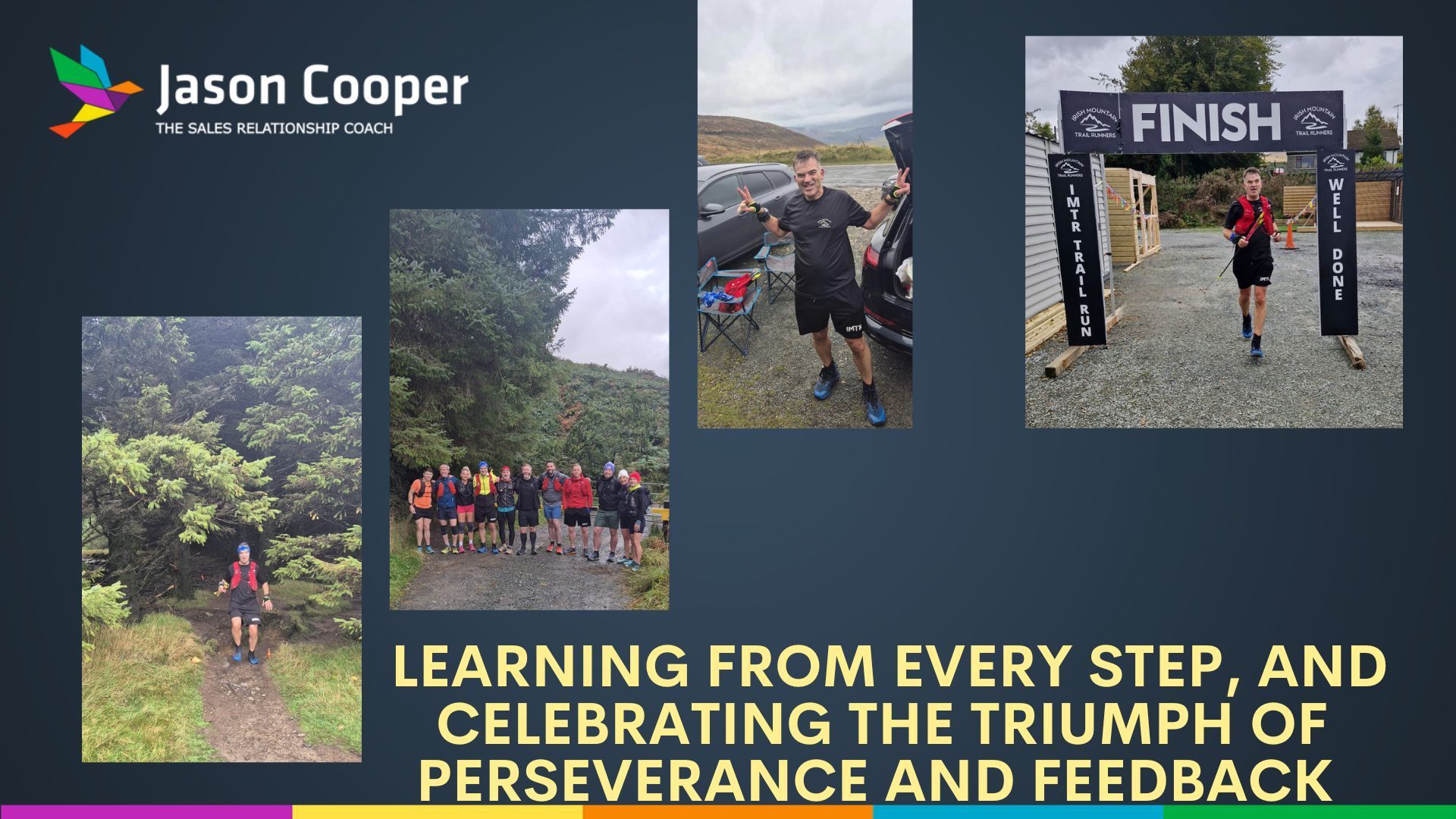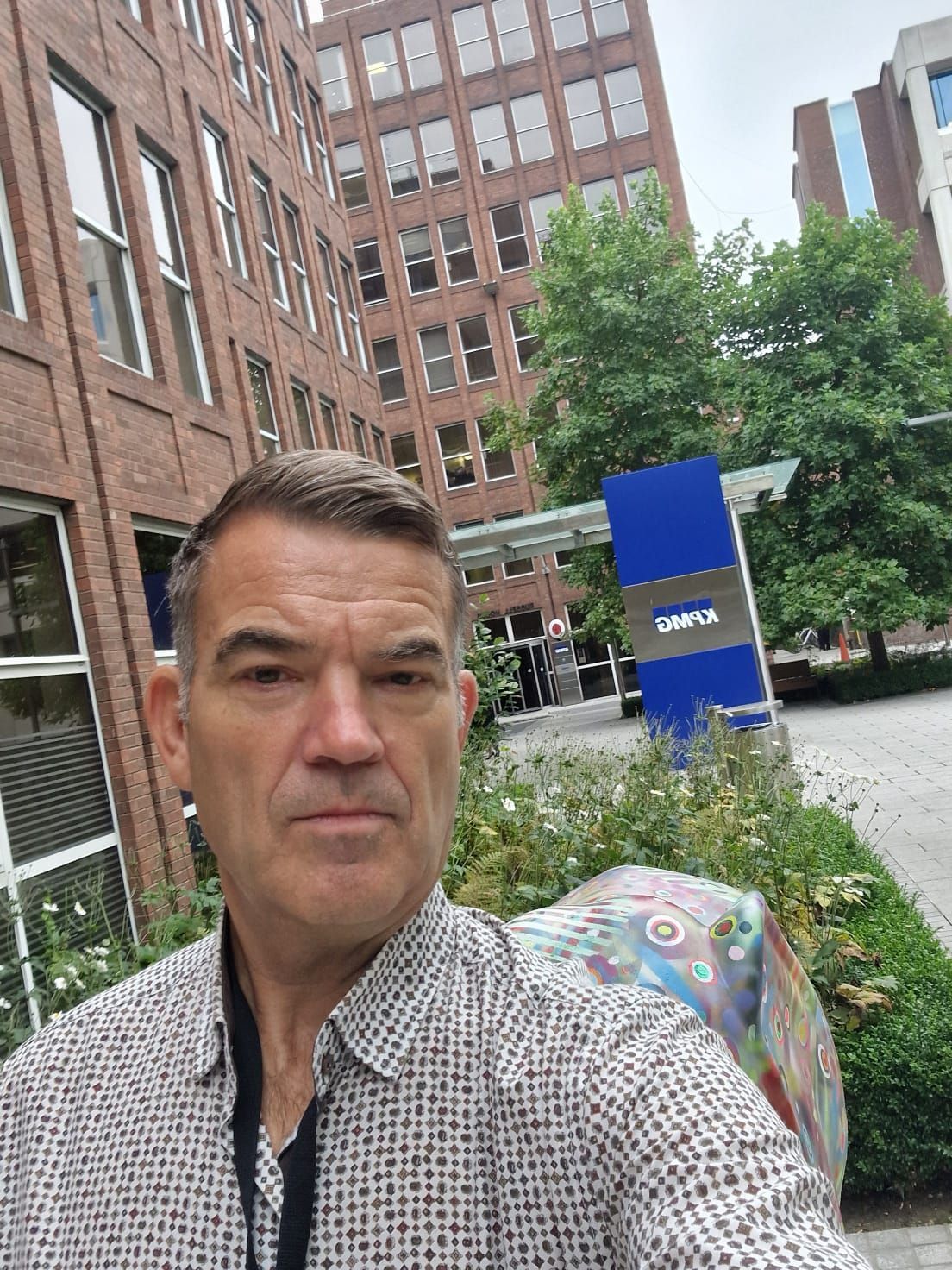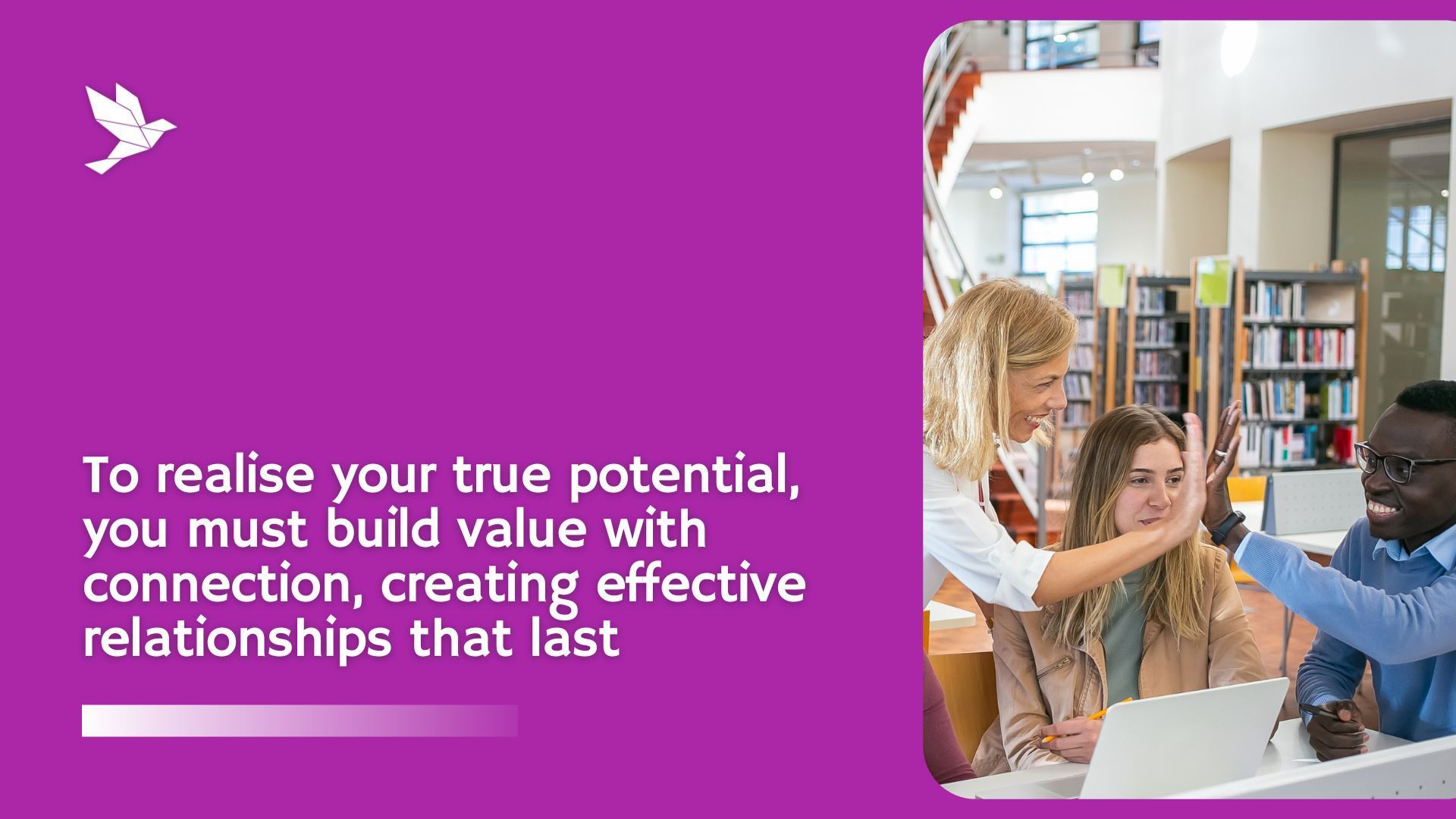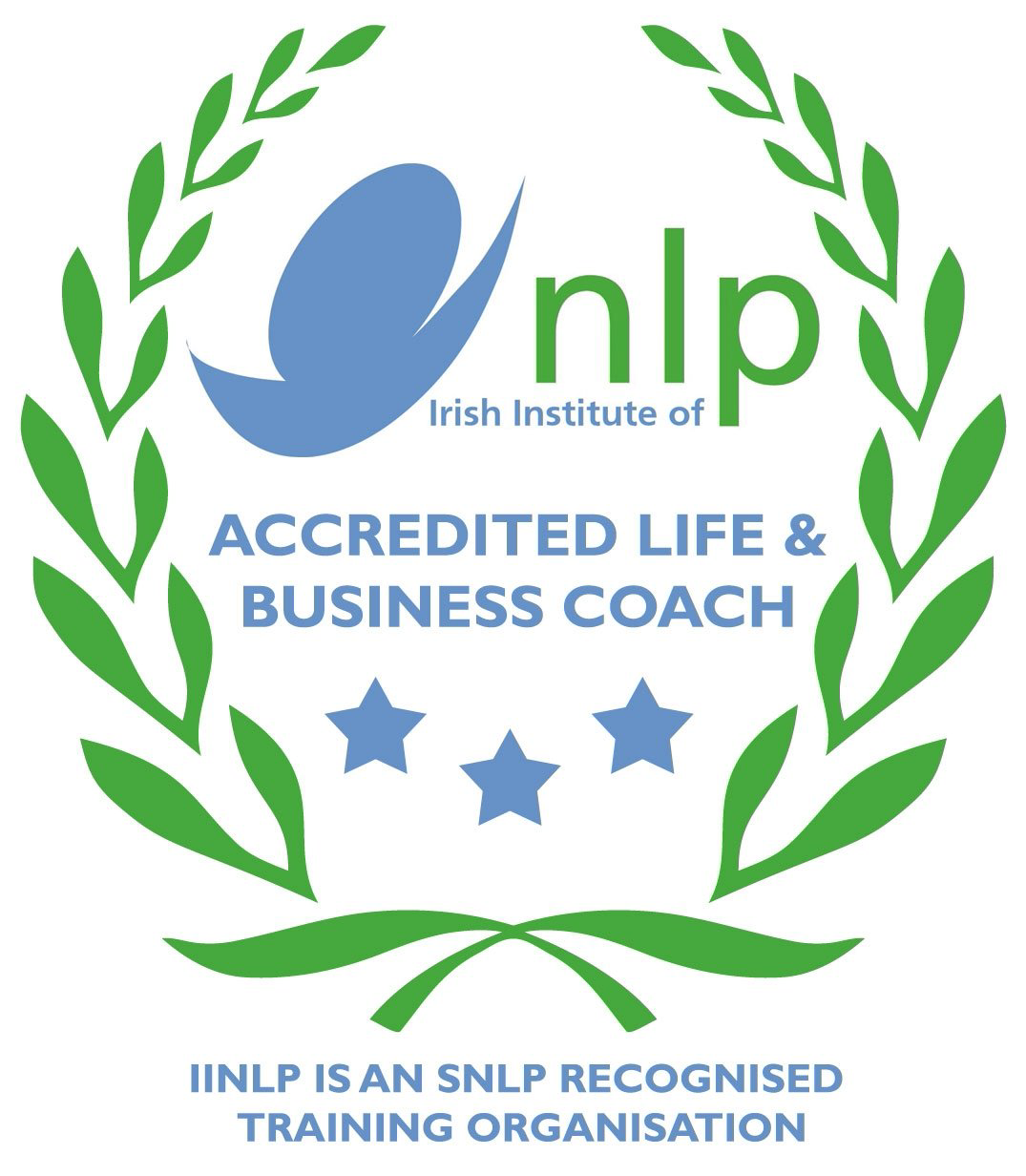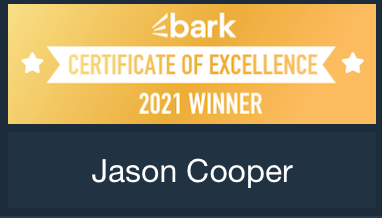Unlocking Your Business Potential:
How Coaching Can Propel Your Success"
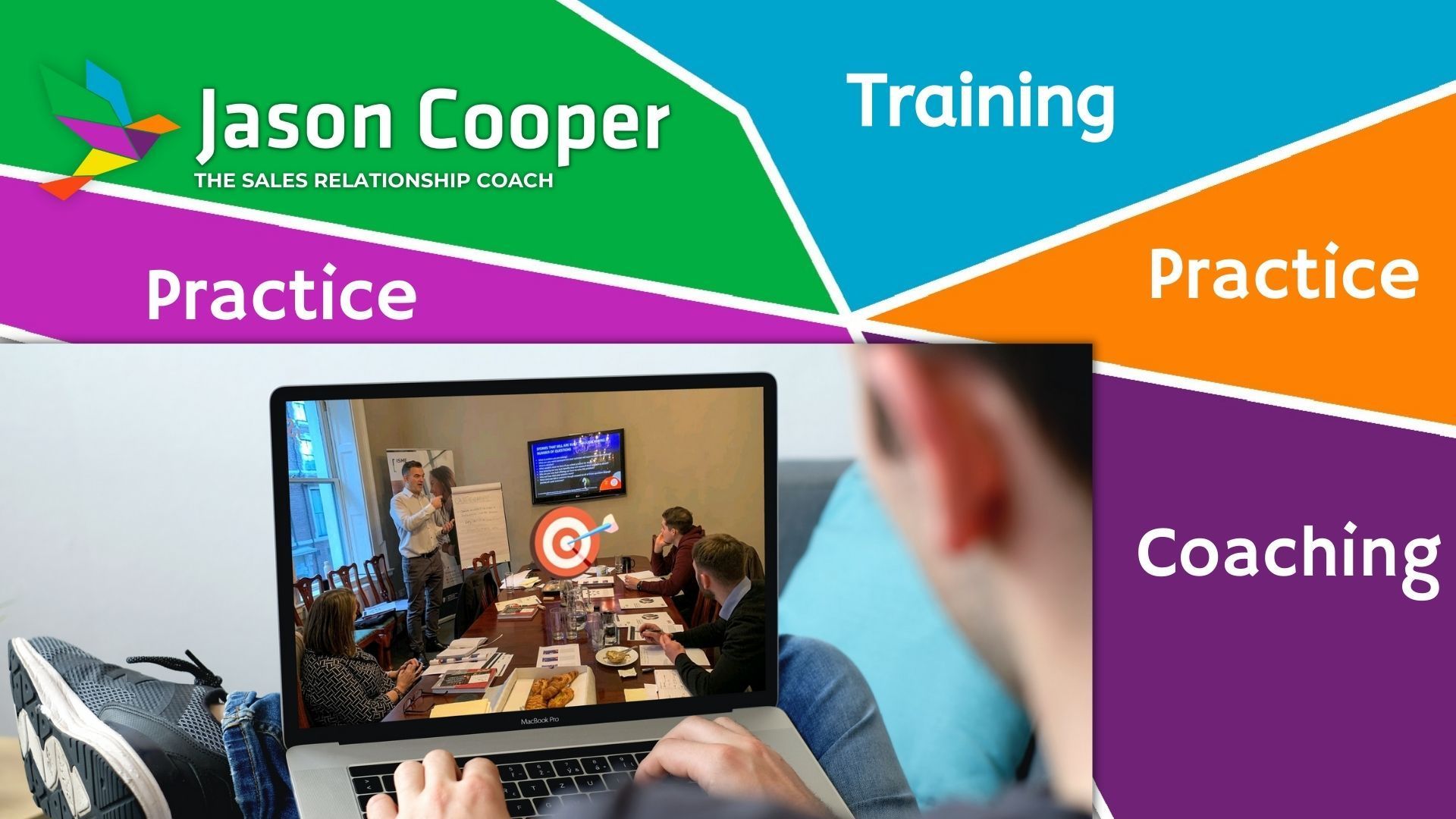
Coaching is a valuable tool for personal and professional development, particularly for individuals in the business world who are seeking to improve their performance and achieve their goals. By working with a coach, individuals can receive the guidance and support they need to overcome challenges and optimize their performance in a business setting.
Effective coaching involves working with clients to identify their goals, develop strategies for achieving those goals, and provide ongoing support and feedback to help them stay on track. By combining different coaching methodologies, coaches can provide clients with a holistic approach to development, addressing mindset, communication skills, sales, leadership, and high-performance coaching.
In this blog post, we'll explore how coaching can help people in business achieve their goals and reach their full potential. We'll also discuss the key steps for a successful coaching session, helping you deliver effective and impactful coaching to your clients in a business context.
1. Assessment: Begin by conducting an initial assessment to understand the client's current situation, goals, and challenges. This could involve reviewing performance metrics, exploring personal and professional aspirations, and identifying areas for improvement.
2. Mindset: Help the client identify and overcome any limiting beliefs or negative thought patterns that may be holding them back from achieving their goals. This could involve exploring the client's belief system, values, and attitudes and using techniques to reframe negative thought patterns and replace them with more positive and empowering ones.
3. Communication: Work with the client to improve their communication skills, including identifying their communication style, developing emotional intelligence, and understanding the behavior of others. This could involve exploring different communication techniques, identifying barriers to effective communication, and developing strategies for better communication.
4. Sales: If the client is in a sales role or wants to improve their sales skills, help them develop and refine their sales process, including identifying their target market, creating a sales strategy, and developing their communication and negotiation skills. This could involve exploring different sales techniques, identifying areas for improvement, and developing strategies to increase sales performance.
5. Leadership: Work with the client to develop leadership skills, improve decision-making abilities, and manage stress and time effectively. This could involve exploring different leadership styles, identifying areas for improvement, and developing strategies for more effective leadership.
6. High-Performance Coaching: Finally, use high-performance coaching methodology to help the client optimize their performance and achieve their goals. This could involve developing a performance plan, improving time management and productivity, and developing a growth mindset to drive success.
Flow and steps for a successful coaching session:
1. Establish rapport: Build rapport with the client to create a safe and comfortable environment for coaching.
2. Identify goals: Work with the client to identify their specific goals and desired outcomes for coaching.
3. Explore challenges: Identify any challenges or barriers that may be preventing the client from achieving their goals.
4. Develop strategies: Work with the client to develop strategies for overcoming challenges and achieving their goals.
5. Create an action plan: Develop an action plan with the client, including specific steps and timelines for achieving their goals.
6. Monitor progress: Monitor the client's progress towards their goals and provide ongoing support and feedback to help them stay on track.
7. Evaluate outcomes: Evaluate the outcomes of coaching and identify any areas for improvement or further development.
By integrating these different coaching methodologies and following a structured
coaching process, clients can achieve their goals and reach their full potential
in their personal and professional lives. Coaching can provide valuable support
and guidance to help clients overcome challenges, develop new skills, and
achieve success.
Want to learn how these methods can make a difference for your organization and your people? Please reach out to me at jcooper@jasoncooper.io.
High Performance Blog




